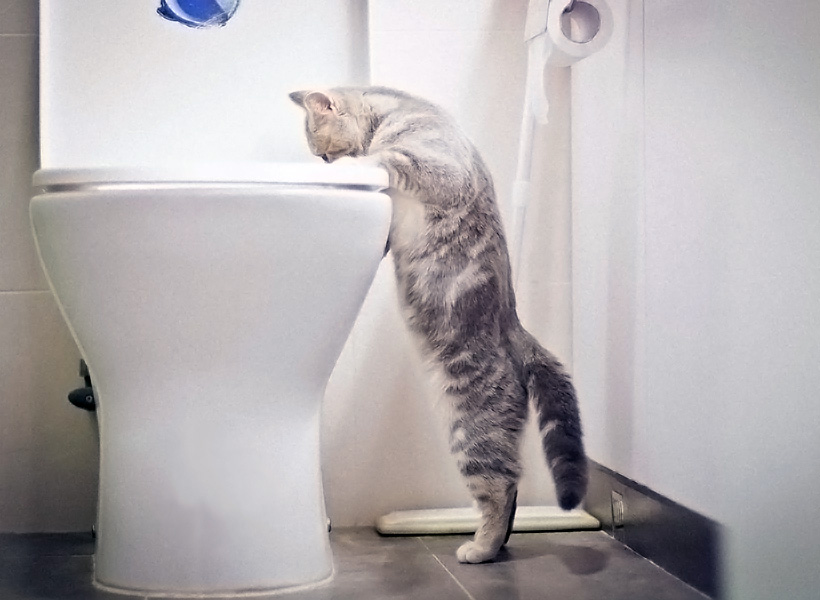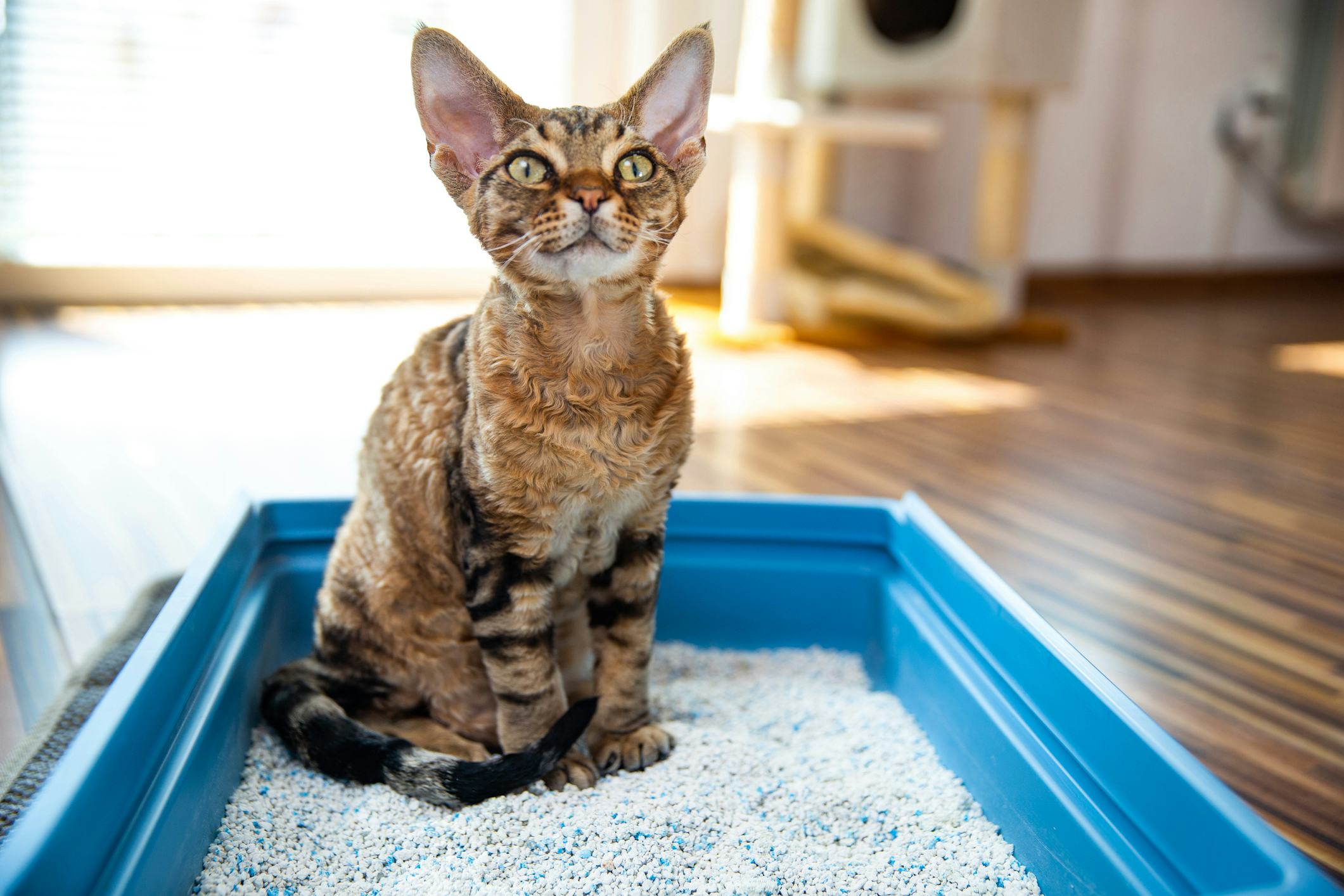Don't Flush Cat Poop Down Your Toilet - Maintain Your House's Plumbing Integrity
Don't Flush Cat Poop Down Your Toilet - Maintain Your House's Plumbing Integrity
Blog Article
Just about every person has their own individual opinions involving How to Dispose of Cat Poop and Litter Without Plastic Bags.

Introduction
As pet cat proprietors, it's vital to be mindful of just how we deal with our feline buddies' waste. While it might seem hassle-free to purge feline poop down the toilet, this practice can have damaging effects for both the environment and human health.
Alternatives to Flushing
Luckily, there are much safer and much more liable methods to dispose of pet cat poop. Think about the adhering to choices:
1. Scoop and Dispose in Trash
The most usual method of dealing with pet cat poop is to scoop it into a naturally degradable bag and throw it in the garbage. Be sure to use a dedicated clutter inside story and deal with the waste quickly.
2. Use Biodegradable Litter
Choose naturally degradable cat litter made from products such as corn or wheat. These clutters are environmentally friendly and can be securely taken care of in the trash.
3. Hide in the Yard
If you have a lawn, consider hiding cat waste in a designated location away from veggie yards and water sources. Make sure to dig deep sufficient to prevent contamination of groundwater.
4. Install a Pet Waste Disposal System
Purchase a pet dog waste disposal system particularly designed for feline waste. These systems utilize enzymes to break down the waste, minimizing odor and environmental influence.
Health Risks
In addition to environmental issues, purging cat waste can likewise position health risks to human beings. Feline feces may consist of Toxoplasma gondii, a bloodsucker that can create toxoplasmosis-- a potentially severe disease, specifically for pregnant females and people with damaged body immune systems.
Environmental Impact
Purging pet cat poop introduces hazardous virus and parasites into the water supply, positioning a significant threat to marine environments. These pollutants can adversely influence aquatic life and compromise water high quality.
Conclusion
Responsible pet ownership expands past providing food and shelter-- it additionally entails proper waste administration. By avoiding flushing feline poop down the toilet and opting for alternate disposal approaches, we can decrease our ecological footprint and shield human health.
Why You Should Never Flush Cat Poop Down the Toilet
A rose by any other name might smell as sweet, but not all poop is created equal. Toilets, and our sewage systems, are designed for human excrement, not animal waste. It might seem like it couldn’t hurt to toss cat feces into the loo, but it’s not a good idea to flush cat poop in the toilet.
First and foremost, assuming your cat uses a litter box, any waste is going to have litter on it. And even the smallest amount of litter can wreak havoc on plumbing.
Over time, small amounts build up, filling up your septic system. Most litter sold today is clumping; it is made from a type of clay that hardens when it gets wet. Ever tried to scrape old clumps from the bottom of a litter box? You know just how cement-hard it can get!
Now imagine just a small clump of that stuck in your pipes. A simple de-clogger like Drano isn’t going to cut it. And that means it’s going to cost you big time to fix it.
Parasitic Contamination
Believe it or not, your healthy kitty may be harboring a nasty parasite. Only cats excrete Toxoplasma in their feces. Yet it rarely causes serious health issues in the cats that are infected. Most people will be fine too if infected. Only pregnant women and people with compromised immune systems are at risk. (If you’ve ever heard how women who are expecting are excused from litter cleaning duty, Toxoplasma is why.)
But other animals may have a problem if infected with the parasite. And human water treatment systems aren’t designed to handle it. As a result, the systems don’t remove the parasite before discharging wastewater into local waterways. Fish, shellfish, and other marine life — otters in particular — are susceptible to toxoplasma. If exposed, most will end up with brain damage and many will die.
Depending on the species of fish, they may end up on someone’s fish hook and, ultimately on someone’s dinner plate. If that someone has a chronic illness, they’re at risk.
Skip the Toilet Training
We know there are folks out there who like to toilet train their cats. And we give them props, it takes a lot of work. But thanks to the toxoplasma, it’s not a good idea.

I'm certainly very inquisitive about How to Dispose of Cat Poop and Litter Without Plastic Bags and I am assuming you enjoyed reading the entire entry. Don't hesitate to take the opportunity to promote this blog posting if you liked it. Thank you for your time. Visit again soon.
Visit Our Site Report this page